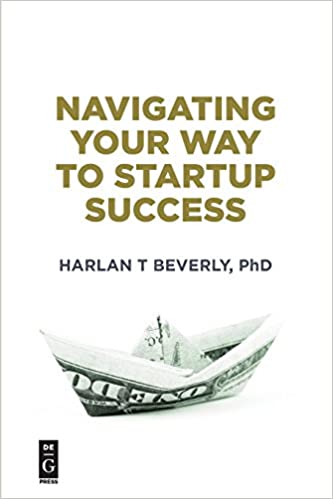Is your idea good? This comes up in a ton of contexts, from entrepreneurship and startups to brainstorms and even into big companies and small projects. Even if you are just coding up something, you are usually working from an idea.
Wouldn’t it be nice to know if your idea is good, perhaps even BEFORE you’ve tried it?
The following logical flowchart is designed with that in mind. Enjoy!
Step 1: Do you think your idea is good?
IF YES: Proceed to next step.
IF NO: STOP! BAD IDEA!
Step 2: Do others think your idea is good?
IF YES: Proceed to next step.
IF NOT: STOP! MEET with those others and talk through what’s not good about it, improve it, then go back to Step 1!
Step 3: Will your idea take less than 1 day to build and test?
IF YES: GOOD IDEA! Build and test it! It’s almost always worth it to test an idea you think is good, and get the results of the test.
IF NO: Proceed to next step.
Step 4: Can you build a “fake version” of your idea in less than 1 day and test it?
IF YES: GOOD IDEA! Build and test it! It’s almost always worth it to test an idea you think is good, and get the results of the test.
IF NO: Proceed to next step.
IF YES: GOOD IDEA! Build and test it! It’s almost always worth it to test an idea you think is good, and get the results of the test. Sometimes the testing takes longer (like an A/B experiment requires time to gather data). Still, worth it!
IF NO: Proceed.
IF YES: Proceed.
IF NO: Rethink the idea to include a way to measure if it’s good or not, then go to Step 1.
Step 6: Work hard to see if you can build it faster in a way that can get you ‘measurable results’ if your idea is good or not…. and then build it and measure it.
That’s it!
I know maybe you were thinking there is some algorithm to “actually” tell you if your idea is good or not… newsflash, it cannot exist. What can exist though is a new kind of thinking: think measurement first! If you can’t tell if your idea is good or not (by some measure) then why even ask the question?
No go out there and Measure!



